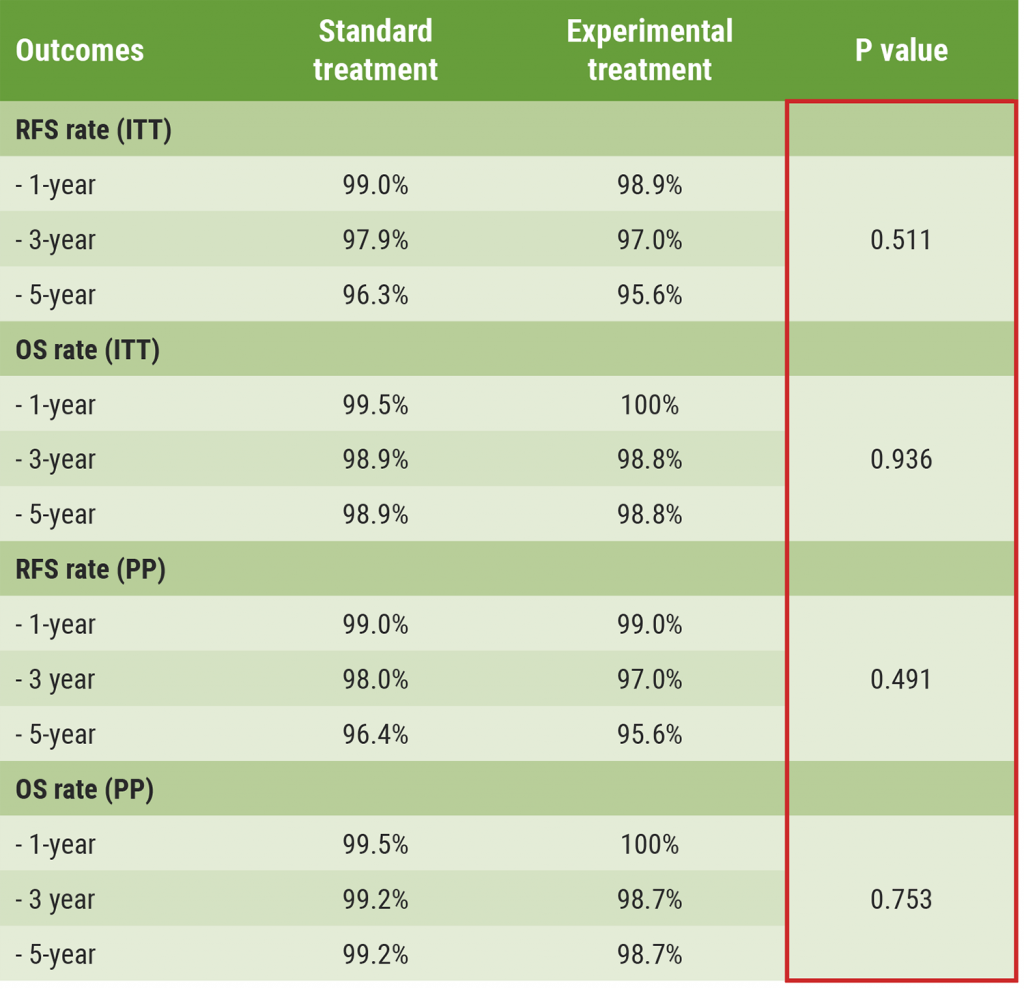https://doi.org/10.55788/7a9db0d5
Breast cancer and its treatments can cause side effects such as fatigue, nausea, pain, and shortness of breath, which can decrease a patient’s health-related quality of life. Previously, it has been proven that pre-operative exercise and exercise during adjuvant cancer treatment lead to improvements in cardiorespiratory fitness, strength, fatigue, and other patient-reported outcomes. Thus, the ASCO guideline advises that oncology providers should recommend regular aerobic and resistance exercise during active treatment with curative intent [1]. “However, at that moment, no evidence was available about the effect of exercise in patients with metastatic cancer,” Prof. Anne May (University Medical Center Utrecht, the Netherlands) explained. To fill this gap in knowledge, the PREFERABLE-EFFECT trial (NCT04120298) aimed to investigate the effects of supervised and individualised exercise on fatigue and quality of life of patients with metastatic breast cancer [2].
A total of 357 patients with metastatic breast cancer and a life expectancy of more than 6 months were enrolled in the study. All participants in the trial received a physical activity tracker and generic exercise advice; 178 patients were randomly assigned to twice-weekly supervised exercise sessions, involving balance, resistance, and aerobic exercises, for 9 months. The control group was provided with usual care and a general exercise advise. The primary endpoints were cancer-related physical fatigue and health-related quality of life at 6 months.
At 3, 6, and 9 months, both quality of life and physical fatigue were significantly better in the patients who took part in the exercise programme than in the control patients. In addition, patients in the exercise group observed significantly less pain and dyspnoea. Adherence to the exercise programme was good (77%).
Based on these findings, Prof. May suggested that “physicians and nurses should routinely recommend supervised exercise to patients with metastatic breast cancer; policymakers and insurance companies should ensure cost coverage for exercise programmes.”
- Ligibel JA, et al. J Clin Oncol 2022;40:2491-2507.
- May AM, et al. Effects of a structured and individualised exercise program on fatigue and health-related quality of life in patients with metastatic breast cancer: the multinational randomized controlled PREFERABLE-EFFECT study. Abstract GS02-10, SABCS 2023, 5–9 December, San Antonio, TX, USA.
Copyright ©2024 Medicom Medical Publishers
Posted on
Previous Article
« Fast menstrual resumption after interruption of endocrine therapy Next Article
High pCR with neoadjuvant nivolumab/chemotherapy in stage I–II TNBC »
« Fast menstrual resumption after interruption of endocrine therapy Next Article
High pCR with neoadjuvant nivolumab/chemotherapy in stage I–II TNBC »
Table of Contents: SABCS 2023
Featured articles
Olaparib maintenance has favourable safety profile in TNBC
Exercise programme improves quality of life for patients with metastatic breast cancer
Living With & After Breast Cancer
Exercise programme improves quality of life for patients with metastatic breast cancer
Fast menstrual resumption after interruption of endocrine therapy
Pregnancy is not contraindicated in pathogenic BRCA carriers
Early Breast Cancer
Highest benefit of neoadjuvant nivolumab in breast tumours with high PD-L1 expression and/or low ER expression
(More) axillary surgery does not influence long-term recurrence
Neoadjuvant chemotherapy may help patients skip regional nodal irradiation
No radiotherapy after breast-conserving surgery is safe in selected younger patients
HER2-Positive Breast Cancer
Tucatinib improves PFS in metastatic, HER2-positive breast cancer
OS benefit of adjuvant T-DM1 in early breast cancer with residual disease after neoadjuvant therapy
Atezolizumab improves pCR in HER2-positive early breast cancer
HR-Positive/HER2-Negative Breast Cancer
Adjuvant ribociclib improves IDFS in early breast cancer
Addition of inavolisib to palbociclib and fulvestrant reduces risk of progression
Endocrine therapy response provides information on need of adjuvant chemotherapy
monarchE: No predictive biomarkers revealed with molecular profiling
No predictive biomarkers found in PALLAS
Triple-Negative Breast Cancer
Bilateral mastectomy and breast-conserving surgery have equal impact on breast cancer-specific mortality in pathogenic BRCA1 carriers
Olaparib maintenance has favourable safety profile in TNBC
High pCR with neoadjuvant nivolumab/chemotherapy in stage I–II TNBC
© 2024 Medicom Medical Publishers. All rights reserved. Terms and Conditions | Privacy Policy


